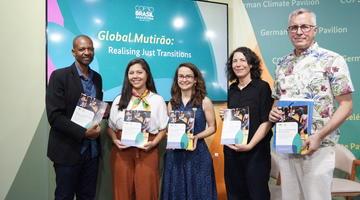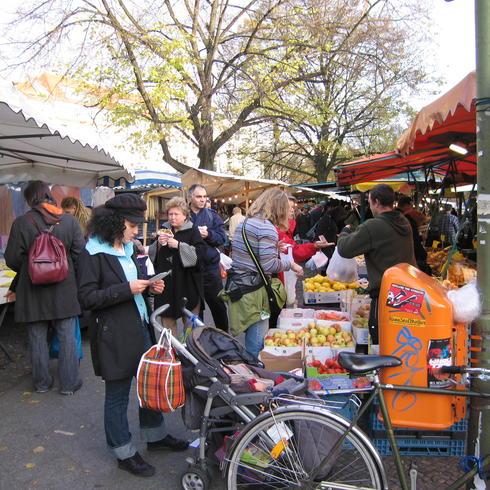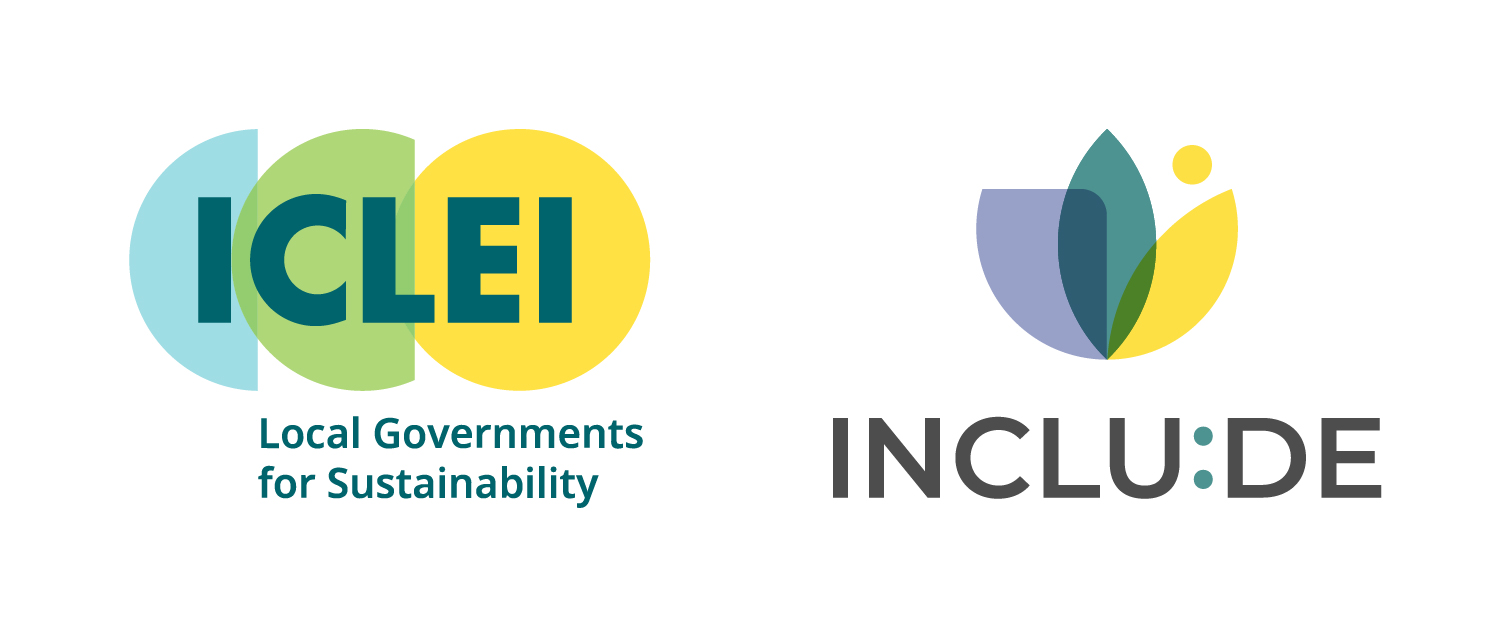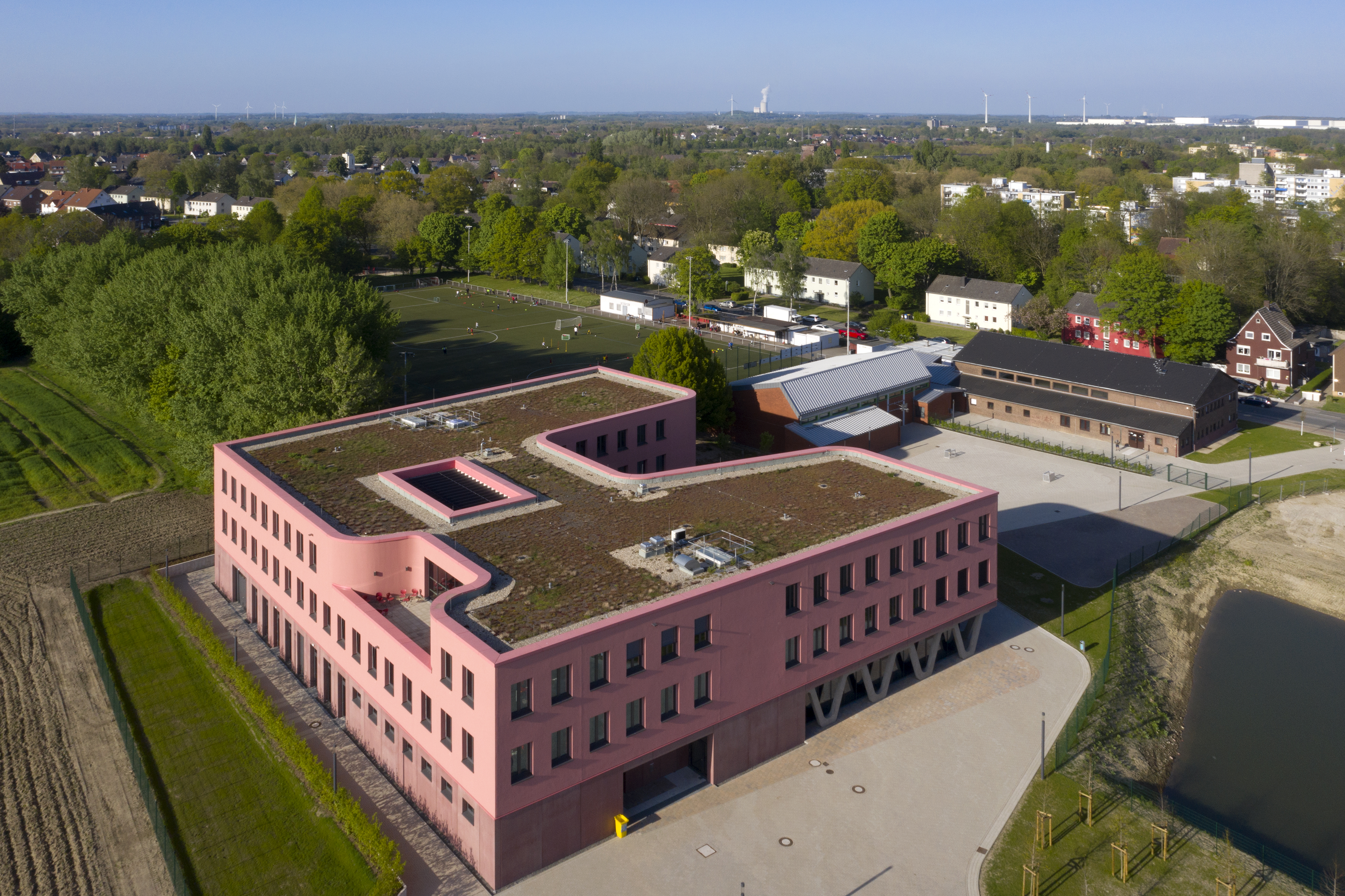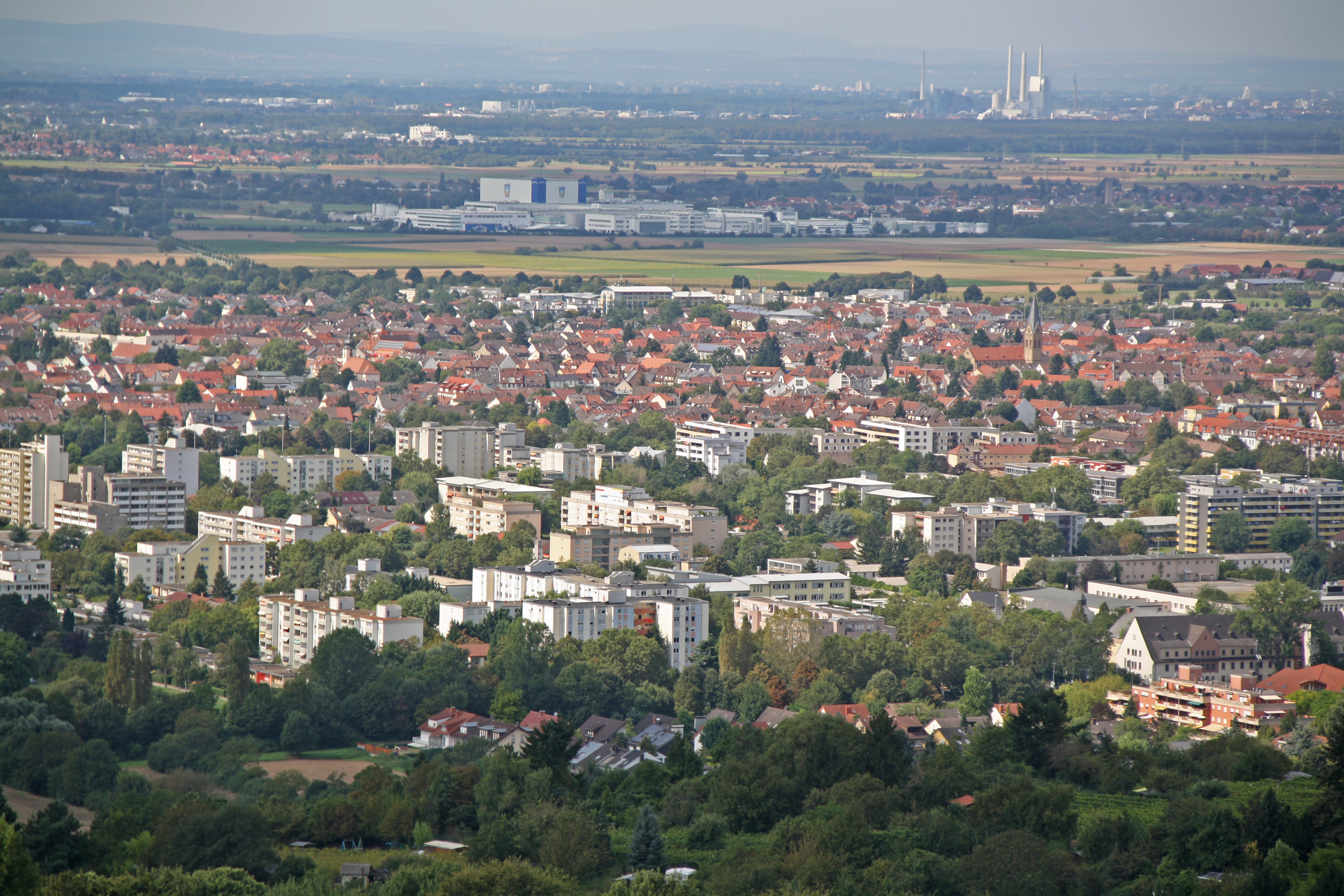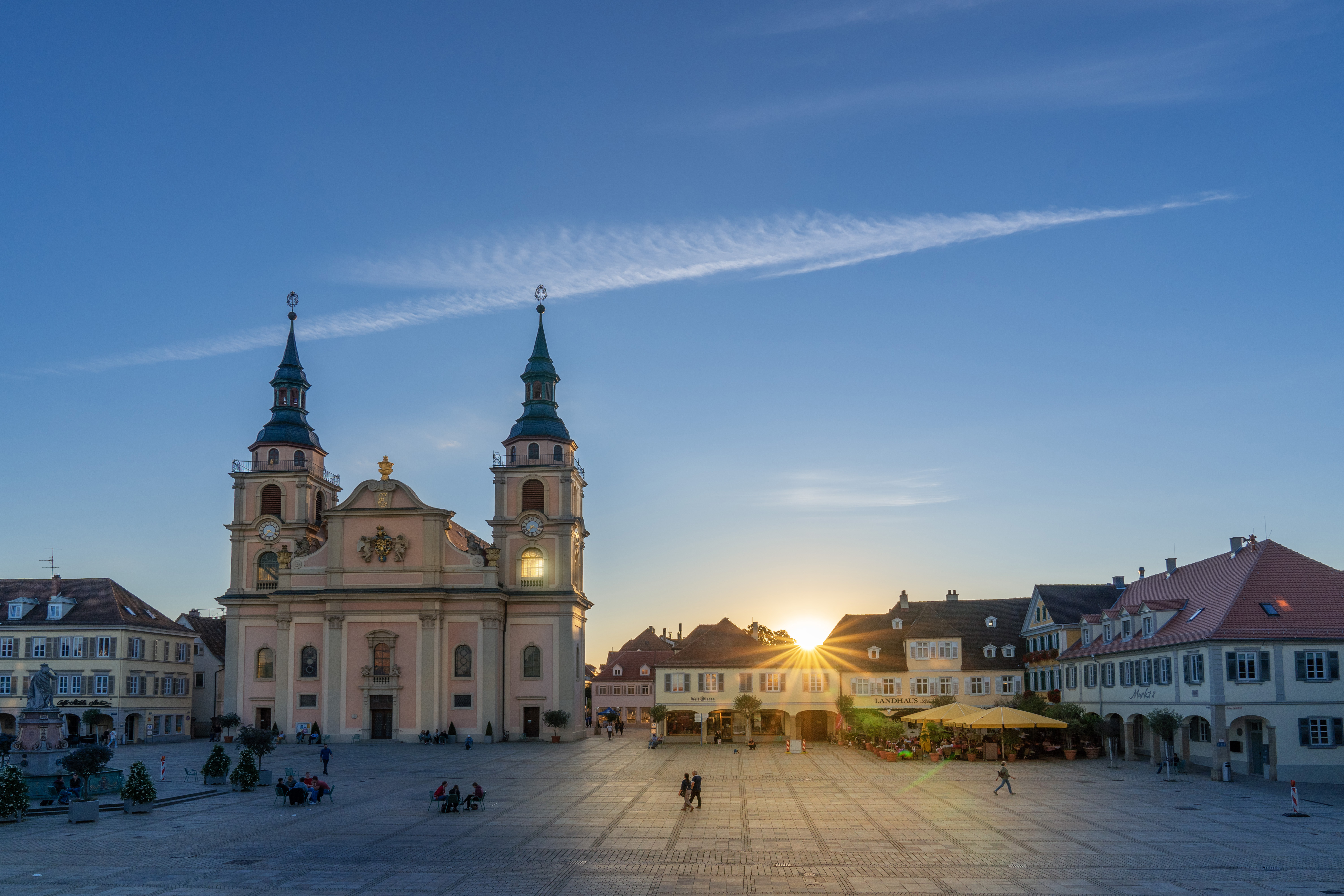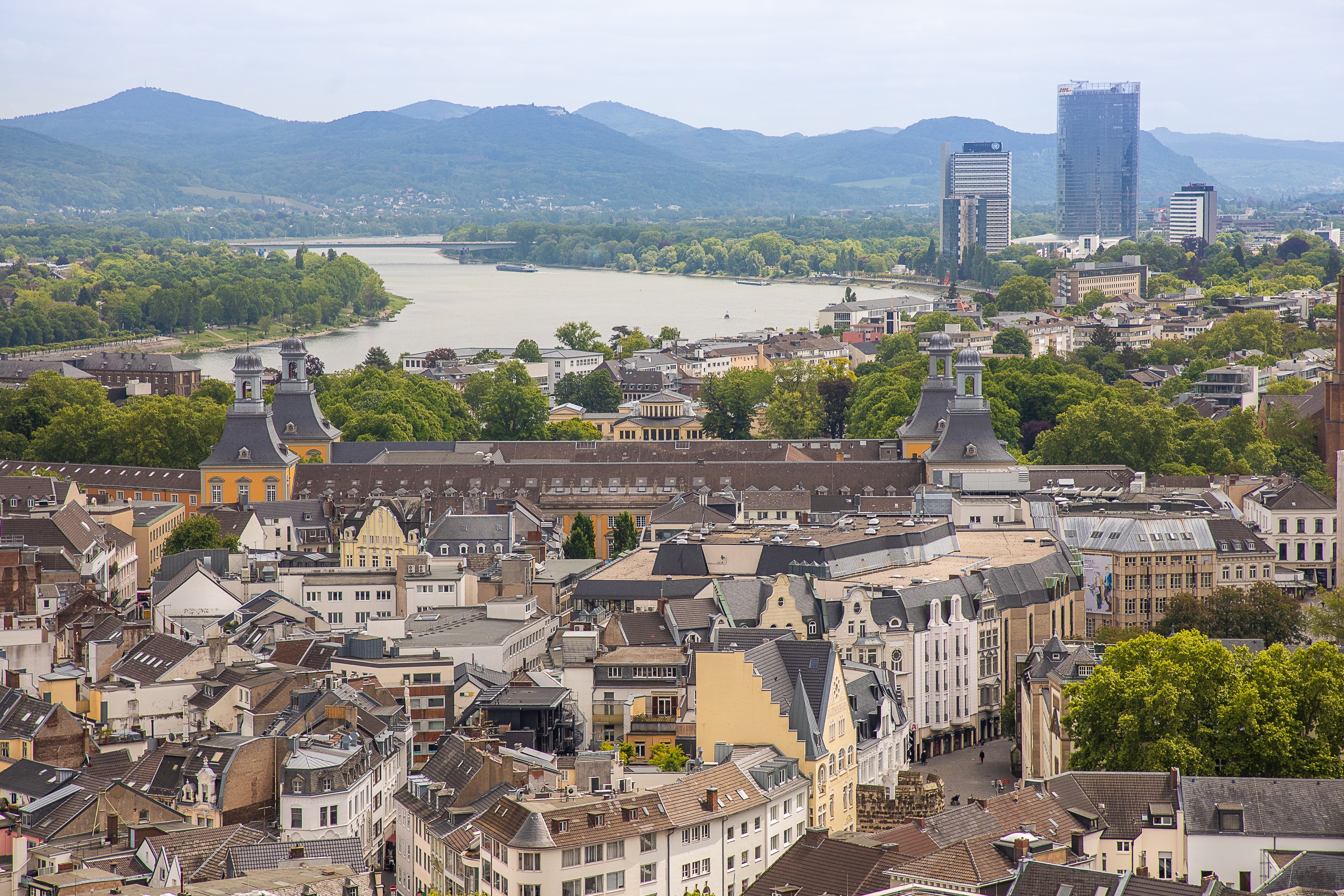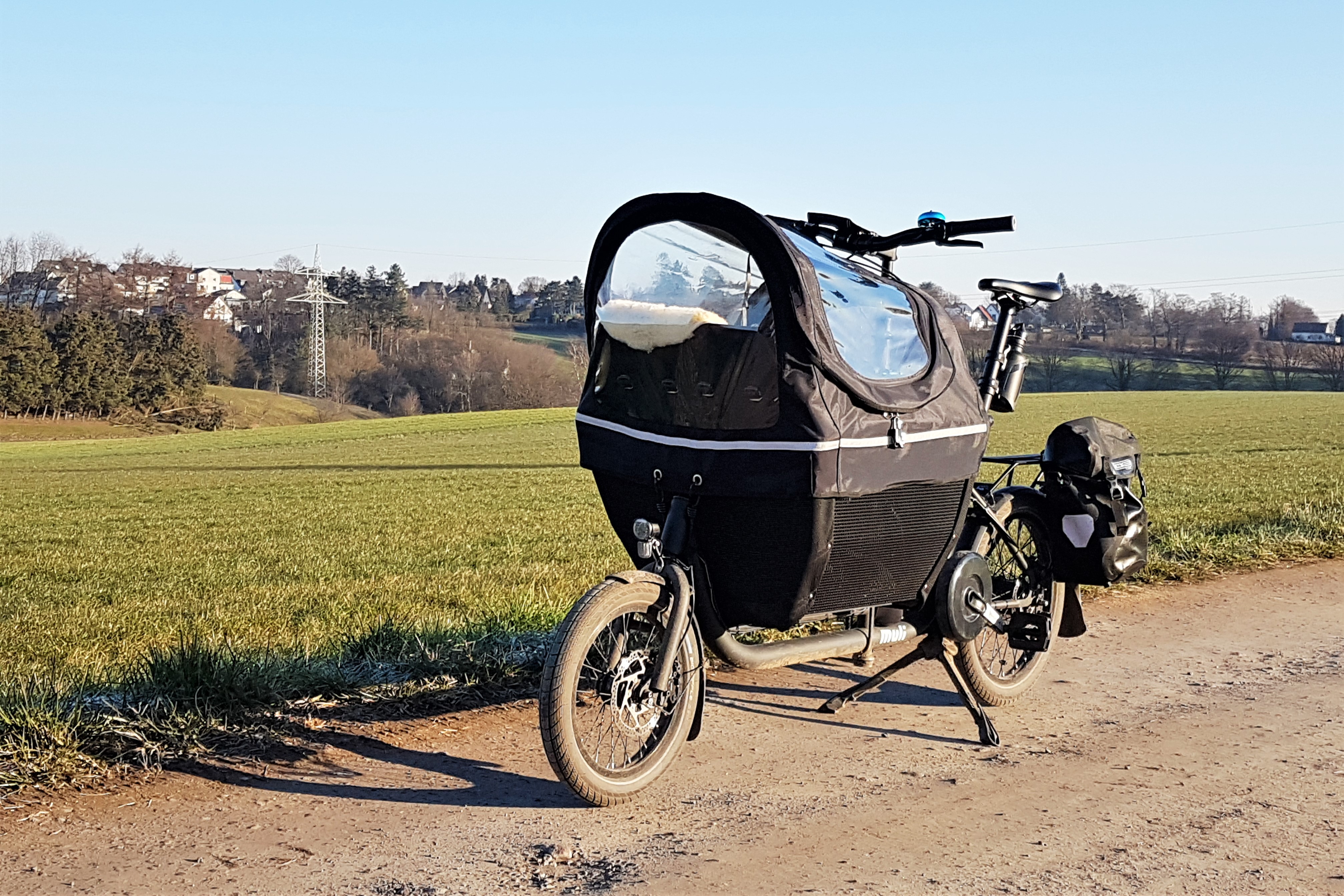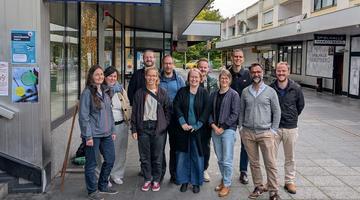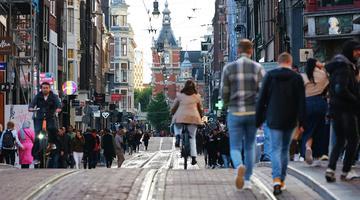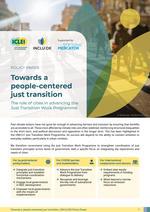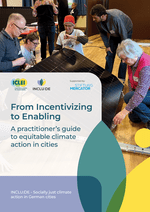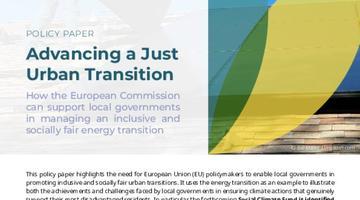Climate change initiatives will be more effective when they reach all members of society, particularly vulnerable and marginalized groups who are more at risk. Social justice is therefore becoming a core goal for cities tasked with the design and implementation of climate initiatives. Cities play an important role in facilitating social just climate action because they are the level of government most closely connected to citizens and policy implementation in practice.
The cities of Bonn, Heidelberg, Ludwigsburg, Dortmund and Essen have joined the INCLU:DE project to improve social justice considerations in their local climate initiatives (spanning different areas such as energy, mobility, housing and urban development).
Collaboration with international frontrunner cities in the field of just and inclusive climate action will ensure that best practices can be mainstreamed across local governments. Current international frontrunners working with INCLU:DE project cities are the cities of Almada, Kaohsiung, Malmö, Rosario, and San José.
Though a mid-term assessment in June 2024, we have drawn six interim learnings from the project work. These learnings underline the complexities of developing climate actions with social justice components, while already indicating concrete steps forward. These interim project learnings can be found here.
